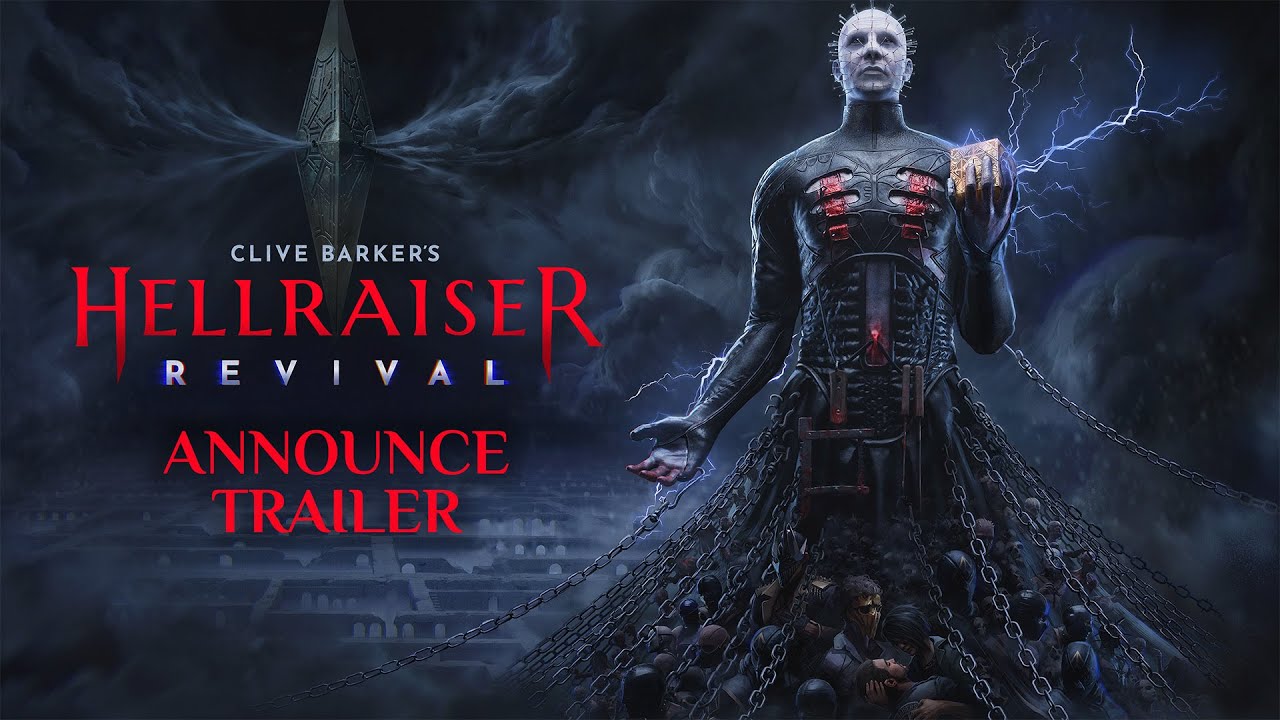
Introduction
Clive Barker’s Hellraiser, first released in 1987, is a seminal work in the horror genre that has captivated and terrified audiences for decades. Known for its unique blend of grotesque imagery and philosophical underpinnings, the film introduced viewers to a world of pain and pleasure through its iconic cenobites, particularly Pinhead. Barker’s vision not only established a franchise that has spawned sequels, reboots, and a lasting cultural impact, but it also opened the door for discussions on the nature of horror and the human condition, making it a relevant topic even today.
Recent Developments
In 2022, a new adaptation of Hellraiser was released on Hulu, marking a significant revival of the franchise. Directed by David Bruckner, this version aims to both honour Barker’s original vision while introducing a modern take on his enduring themes. The film has received a mixed yet generally positive response, reflecting the changing dynamics of horror cinema and showcasing the story’s adaptability to contemporary audiences.
Critics have praised the updated portrayal of the cenobites and the expanded character development in this new adaptation, particularly concerning the exploration of identity and desire. The film managed not only to attract long-time fans of the original but also to draw in new viewers unfamiliar with Barker’s work, demonstrating the timeless allure of his storytelling.
Legacy and Influence
Clive Barker’s influence extends beyond films; he is a celebrated author, artist, and playwright whose works have consistently challenged the boundaries of horror. The Hellraiser series has inspired numerous adaptations in literature, comics, and even video games, highlighting its expansive impact on the genre. Barker’s exploration of themes such as moral ambiguity, the complexities of pain, and the allure of the forbidden resonates widely, offering a rich source of analysis for both fans and scholars of horror.
Conclusion
The legacy of Clive Barker’s Hellraiser continues to evolve, with its recent adaptation serving as a reminder of the franchise’s significance within horror history. As new generations discover the chilling world of cenobites and the intricate narratives woven by Barker, it becomes evident that his contributions to the genre are far from fading into obscurity. Looking ahead, the ongoing interest in Hellraiser suggests that Clive Barker’s vision will continue to inspire creativity and provoke discussion about the depths of human experience for many years to come.
You may also like

Exploring Monster: The Ed Gein Story
